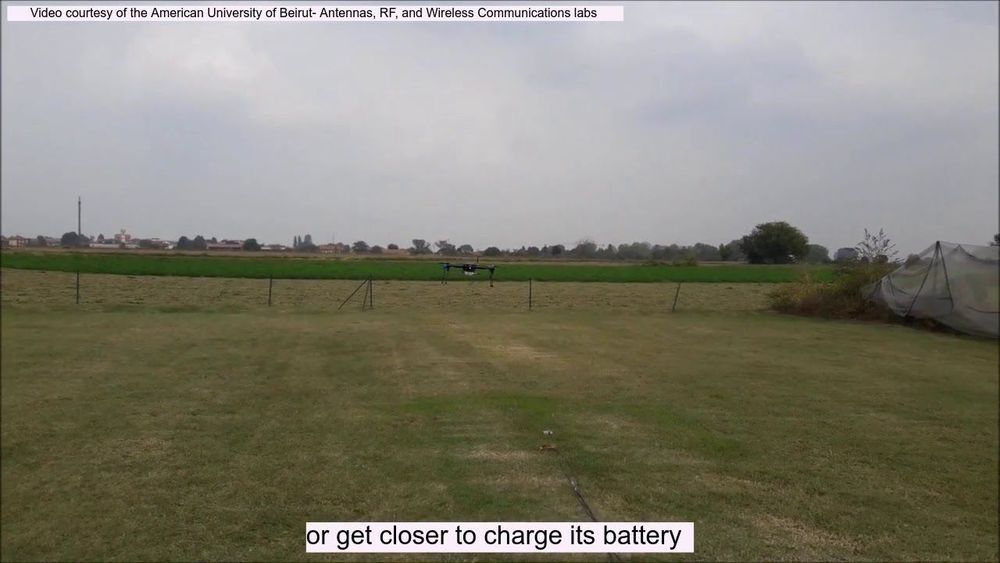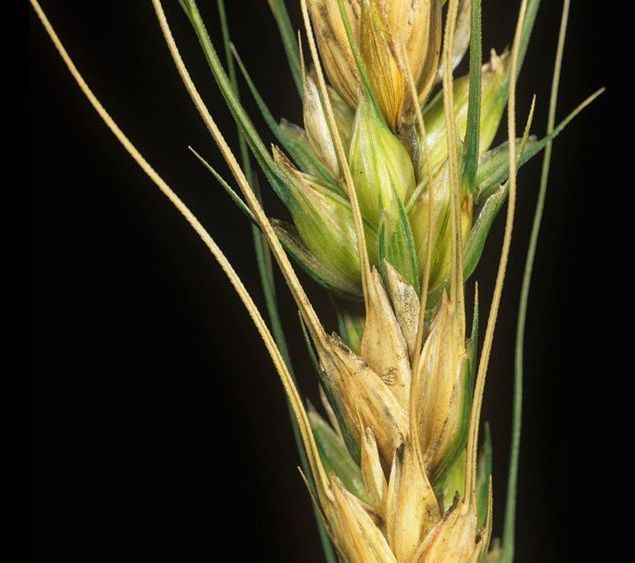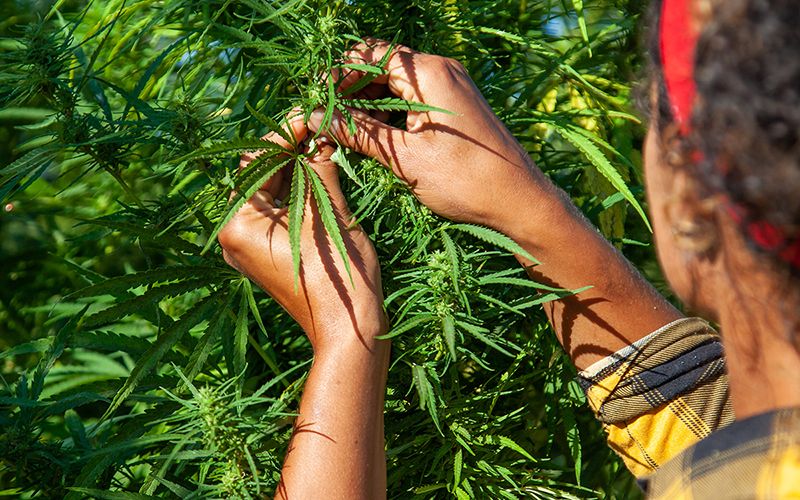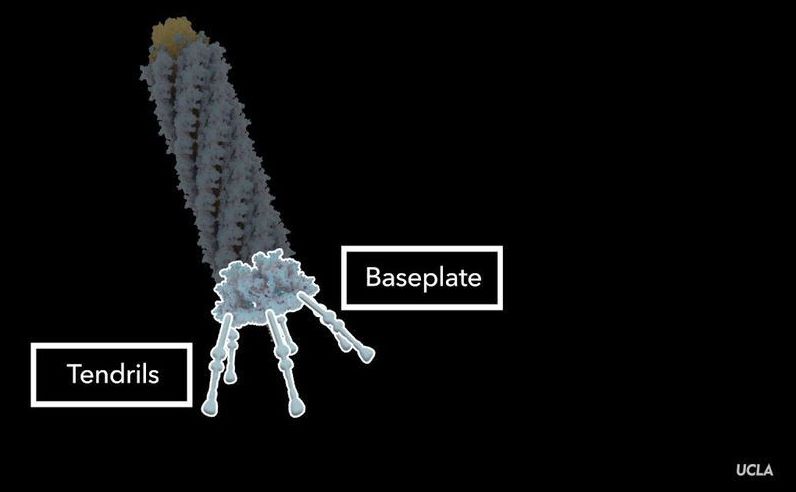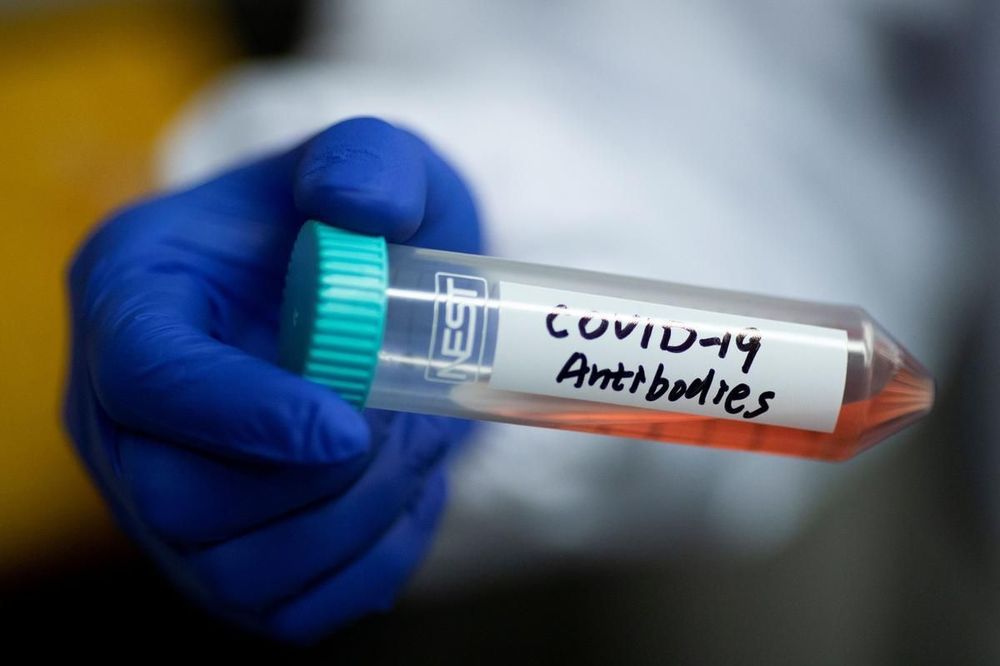Apr 19, 2020
No evidence COVID-19 transmits through food or packaging
Posted by Quinn Sena in categories: biotech/medical, food
AMES, Iowa — Over the past month, false information about COVID-19 and food and food packaging has been reported in the media, websites and blogs, and shared through social media, note food safety and nutrition and wellness specialists with Iowa State University Extension and Outreach. Angela Shaw, Anirudh Naig, and Shannon Coleman want Iowans to know there is no evidence that COVID-19 is transmitted through food and food packaging.
Shaw is a food safety state specialist and associate professor in the ISU Department of Food Science and Human Nutrition. Naig is a food safety state specialist and associate professor in the ISU Department of Apparel, Events, and Hospitality Management. Coleman is an assistant professor and nutrition and wellness state specialist in the ISU Department of Food Science and Human Nutrition.


